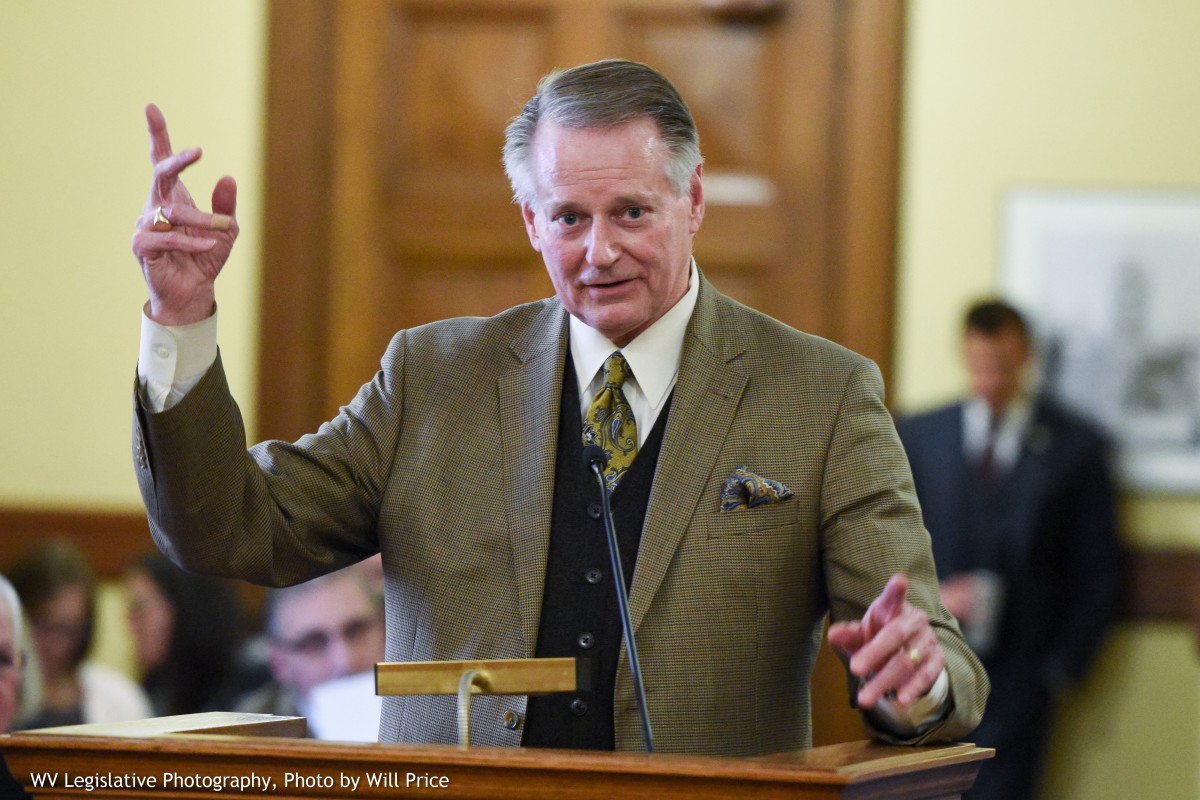CHARLESTON — The Senate Government Organization Committee approved a bill on Thursday making the Home Rule Pilot Program permanent.

SB 4 passed unanimously and goes next to the full Senate. It adds some new provisions and restrictions to the existing program. Three proposed amendments to remove parts of the new provisions fell along party lines.
The home rule program began in 2007, committee counsel said, was continued several times and will sunset July 1 this year if it’s not continued.
The bill – changed from the introduced version in a committee substitute – continues all existing plans and ordinances home rule cities have in place but requires updates to any sections affected by this bill.

Beginning July 1, the Home Rule Board will accept up to four applications per year from Class IV municipalities – population under 2,000 – that wish to join.
Starting July 1, all participants must pay a $2,000 annual assessment into a Home Rule Board Operations Fund to operation and administration of the board. Once the fund reaches $200,000, assessments will stop until such time as the board considers the fund too low.
The bill adds seven new restrictions to the list of what home rule cities can’t do. Among them, they can’t make laws governing professional licensing or certification, or enforcement of state building or fire codes. They can’t override the right to work law.
The bill allows for 30 percent of the voters in the most recent election to demand a referendum within 45 days of enactment of any city law, regulation or resolution; the item in question will not take effect until approved in the referendum.
Any bond sales funded by home rule sales tax proceeds must be approved by a majority vote of the residents.
Huntington was one of the first four home rule cities and Mayor Steve Williams told the members about the successes Huntington has seen under home rule. The city was on the verge of bankruptcy, he said. Its pension plan was in shambles. But a $6 million deficit turned into a $6 million surplus and downtown is revitalized.
“The government that governs best is the government closest to the people,” he said, paraphrasing Thomas Jefferson.
Sen. Corey Palumbo, D-Kanawha, offered an amendment to strike the section regarding referendums on ordinances. He argued that voters have no such control over county commissions or the Legislature. Voters can vote council members out of office if they’re displeased.
Supporters of the provision cited Williams’ quote and said a newly elected council may do something outrageous, and not be accountable for another four years. It failed in a 4-6 vote.
Sen. Richard Lindsay, D-Kanawha, proposed one to strike the right to work law restriction, saying it’s already illegal for cities to override state law. Sen. Mike Woeful, D-Cabell, said it simply clarifies the matter to avoid any confusion and needless litigation; some cities have been known to try challenges to state law. The amendment fell in a voice vote.
And Sen. Glenn Jeffries, D-Putnam, proposed one to strike the bond sale vote. Committee counsel said that was put into the bill because one city attempted an inappropriate use of bonds funded by its 1 cent sales tax. This amendment also fell in a 4-6 vote.
TWITTER @dbeardtdp Email David Beard at dbeard@dominionpost.com




